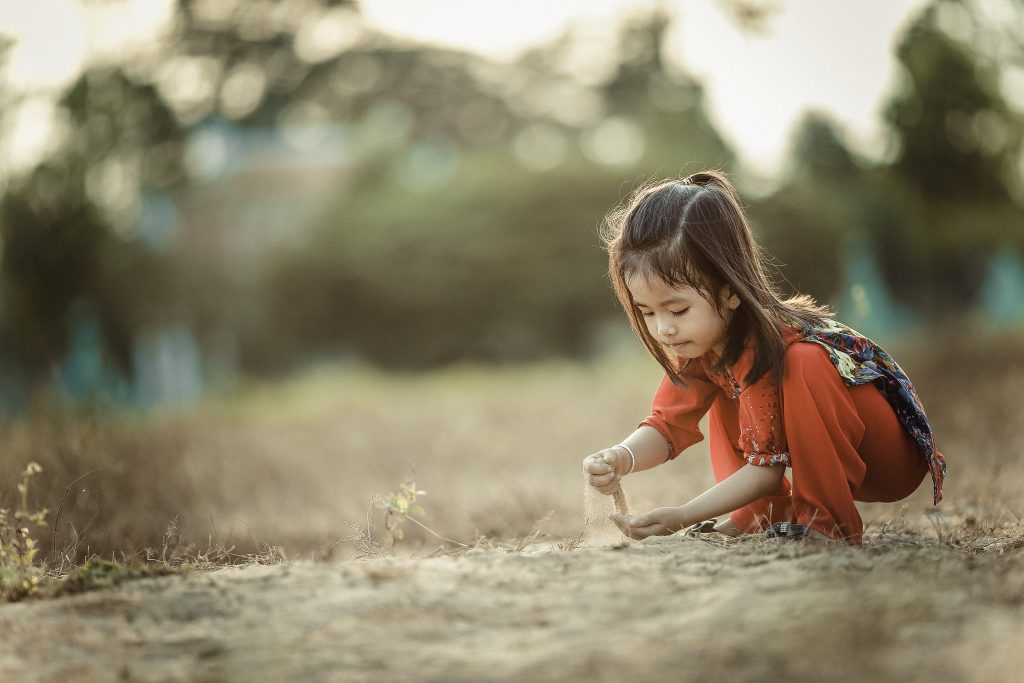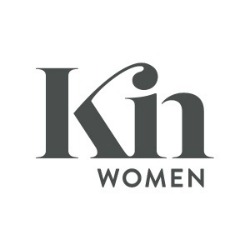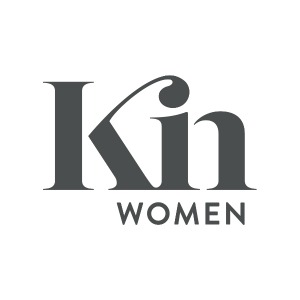
The marvellous thing about a good question is that it shapes our identity as much by the asking as it does by the answering.
David Whyte
Curiosity is the foundation of discovery. But it is more than just the starting point. Being curious is the process we use to find out more about ourselves, about others and the world around us. Children show us the way in this. They ask seemingly endless questions. They touch, taste and engage with what’s around them to find out more. Through this process, they develop their identity.
Colourful curiosity
My daughter goes through periods of loving to paint. Her easel is set up in a corner of the kitchen with a roll of paper, paintbrushes, and watercolours at the ready. She is often trying out new techniques and ‘seeing what happens’. This week, she has been tearing up small pieces of paper towel, holding them on to the paper and painting over them in different colours. Sometimes she pulls them off immediately. Other times she lets it dry then removes it. The patterns and effects emerge. Recently, she also explored splatter painting, producing a stunning multicoloured firework effect. (We are grateful for watercolours that can easily be wiped up off floors, walls and cupboards!) This process of curiosity develops her identity as a creative person.
When did we stop asking ourselves ‘What would happen if…’ and trying something new? We crush curiosity under a weight of fear and expectations. Fear of failing. Fear of what others would think. An expectation that we should have it all together. Our curiosity gets funnelled into anxiety rather than growth. Let’s change the questions that we are asking.
Change the questions
Instead of ‘what do they think of me when…?’ ask ‘what’s going on for me in this moment?’. Try asking ‘what could I do differently today?’ or ‘what would help me in this situation?’. It is this process of asking ourselves questions, without the harsh critical tone behind them, that helps us grow. Even more effective is asking ourselves the second and third follow up questions. Go beyond the surface level answer we give ourselves to the first question and dig deeper to the truth we keep hidden.
The answers we find help us to see ourselves more clearly. We gain understanding about what drives our reactions and choices. However, it goes beyond merely discovering answers. The very process of asking ourselves hard questions develops us into more curious, open and truth-seeking people. We are willing to take risks, try new things and grow.
Extend curiosity to others
I find developing self-awareness through curiosity then releases me to go deeper in relationships. This same practice of asking questions and follow up questions lets me get to know others. I am slower to rush to judgements about others’ behaviour in favour of wondering about what is going on for them. Curiosity builds my capacity for compassion.
What would our world look like if we approached each other with this heart of curiosity before a heart of judgement? Seek to understand before we seek to be heard. I want to carry that into a world that shouts opinions loudly, is quick to tear others down and is full of division. Together we can shape relationships and our communities through the process of curiosity and asking questions.
Your invitation
Tap into the curiosity that thrived in you as a child. Ask yourself hard questions and the follow up questions. Extend that curiosity to others.

